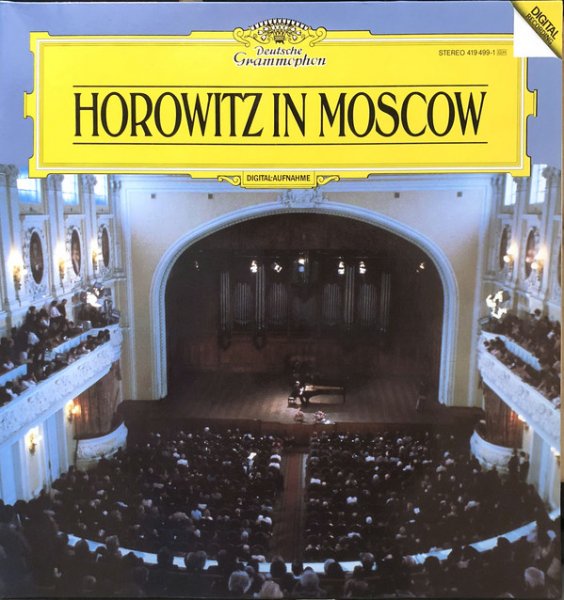There's MANY sources of background noise. In addition to what Steve mentions above noise is often added to a recording because a totally "black" background sounds unnatural, it's simply not what the brain expects. I've heard music mastered with and without noise added and often, depending on the type of music and other factors, it can sound much better. Sometime noise is added that's very noticeable, and not surprisingly, it's generally analog artifacts we expect to hear from vinyl and tape playback, as well as typical distortions we hear when listening to music live, maybe on a questionable PA system.
So the effect of a "black" background is very dependent on the recording, and I'd argue that an excellent recording, of any genre, will NOT have a black background because it sounds odd.
So the question is, do we want our systems to be able to reproduce a "black" background? I'd say without any hesitation, YES! I want my system to produce what's on the recording, and if it's no noise I want no noise, because if the recording has no noise and your system is playing back noise, where is that noise coming from? It's probably NOT beneficial, even though at times it may be subjectively preferred.
So again it comes down to, Do you want your system to editorialize and add effects to your recordings? I'd guess not, and if I listen to a poor recording that was mastered with a "black" background, then that's what it is, and I want to hear it as intended.
So the effect of a "black" background is very dependent on the recording, and I'd argue that an excellent recording, of any genre, will NOT have a black background because it sounds odd.
So the question is, do we want our systems to be able to reproduce a "black" background? I'd say without any hesitation, YES! I want my system to produce what's on the recording, and if it's no noise I want no noise, because if the recording has no noise and your system is playing back noise, where is that noise coming from? It's probably NOT beneficial, even though at times it may be subjectively preferred.
So again it comes down to, Do you want your system to editorialize and add effects to your recordings? I'd guess not, and if I listen to a poor recording that was mastered with a "black" background, then that's what it is, and I want to hear it as intended.
Last edited:







